/b5615550-f404-47b8-bf9c-ee8122140354.png)
Physics Lab Report Format
Review Rating Score
Are you looking for a Physics Lab Report Format that will help you structure your lab reports effectively? Look no further! At BizzLibrary.com, we have the perfect solution for you. Our Physics Lab Report Format is designed to assist students and researchers in presenting their findings clearly and professionally.
Why Should You Use a Lab Report Format?
A lab report is a vital component of any scientific experiment or research study. Its purpose is to document and communicate the procedures, observations, and conclusions of your investigation. Here's why using a lab report format is important:
- Clear Organization: A lab report format provides a structured framework that ensures proper organization of your research. It helps you present information in a logical sequence, making it easier for readers to understand your experiment.
- Consistency: Using a standardized lab report format ensures consistency across different experiments and researchers. This makes it easier for others to compare and replicate your work, fostering transparency in scientific research.
- Professional Presentation: A well-formatted lab report showcases your professionalism and attention to detail. It includes essential sections such as an introduction, methodology, results, discussion, and conclusion, presenting your research in a format commonly recognized and accepted by the scientific community.
- Accurate Documentation: By following a lab report format, you can ensure that all the necessary information is included in your report. This helps you avoid omission of critical details, making your research more reliable and reproducible.
What Should a Physics Lab Report Include?
A Physics Lab Report should typically include the following sections:
- Title: Clearly state the title of your experiment.
- Introduction: Provide background information about the experiment, including the scientific concepts or theories being explored.
- Objective: State the aim or objective of your experiment, explaining what you intend to investigate or accomplish.
- Materials and Methods: Describe the equipment, materials, and methods you used in your experiment, providing sufficient detail to allow others to replicate your study.
- Results: Present your findings in a clear and concise manner, using tables, graphs, or other visual aids as necessary.
- Discussion: Analyze and interpret your results, discussing any trends, patterns, or discrepancies observed.
- Conclusion: Summarize the key findings of your experiment and explain their significance. Also, discuss any limitations or areas for further research.
Download Our Physics Lab Report Format
Stop worrying about the proper formatting of your lab report and download our Physics Lab Report Format in DOCX today. It will save you time and ensure that your lab reports are well-structured and professionally presented.
Visit BizzLibrary.com now to access a wide range of document templates, including lab reports, academic papers, and more. Achieve excellence in your scientific writing and make a lasting impression with our expertly crafted templates!
Is the template content above helpful?
Thanks for letting us know!
Reviews
Arturo Shaffer(7/10/2023) - DEU
Thank you for the template, it will help me get everything I need for my upcoming move.
Author. Content was provided by:
Elizabeth Davis
Elizabeth is from the sunny desert city of Phoenix, Arizona. She is thrilled to connect with professionals and like-minded individuals who share a passion for social technologies, content creation, and the exciting possibilities that AI brings to the world of social media. Her hobbies are hiking, climbing, and horse riding. Elizabeth has a master's degree in Social Technologies that she received at the ASU (Arizona State University). As a freelancer, she mostly contributes content related to IT. This includes articles on templates and forms provided by our community.
Follow Elizabeth
Last modified
Our Latest Blog
- The Importance of Vehicle Inspections in Rent-to-Own Car Agreements
- Setting Up Your E-mail Marketing for Your Business: The Blueprint to Skyrocketing Engagement and Sales
- The Power of Document Templates: Enhancing Efficiency and Streamlining Workflows
- Writing a Great Resume: Tips from a Professional Resume Writer
Template Tags
Need help?
We are standing by to assist you. Please keep in mind we are not licensed attorneys and cannot address any legal related questions.
-
Chat
Online - Email
Send a message
You May Also Like

Quarterly sales report, financial performance, revenue analysis, industry trends
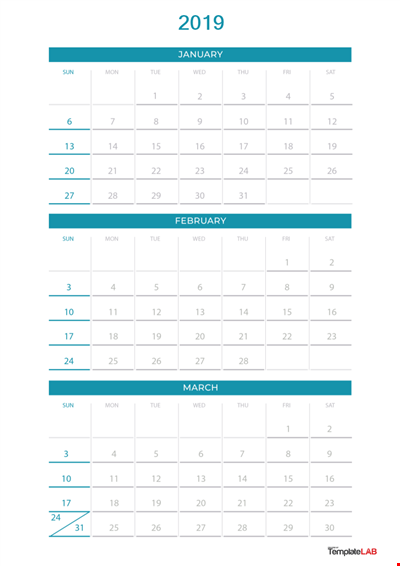
Quarterly Report Templates, Track Finances & Progress

Student Incident Report: High School Incident, What Happened

Patient Operative Report Example

Sample Monthly Sales Expense Report

Annual Progress Report: Amount, Months, Species, Acres
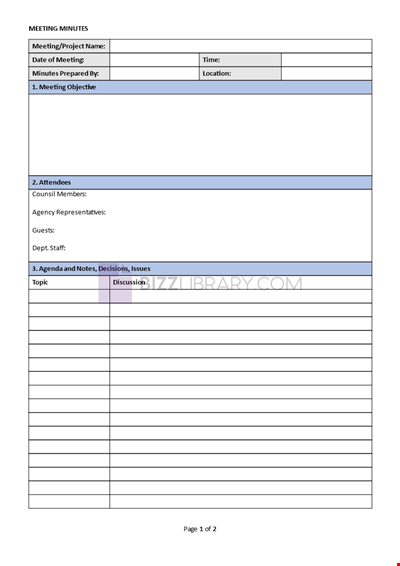
Meeting Minutes Template in Word

Training Feedback Report: Valuable Insights for Students in Industrial Training
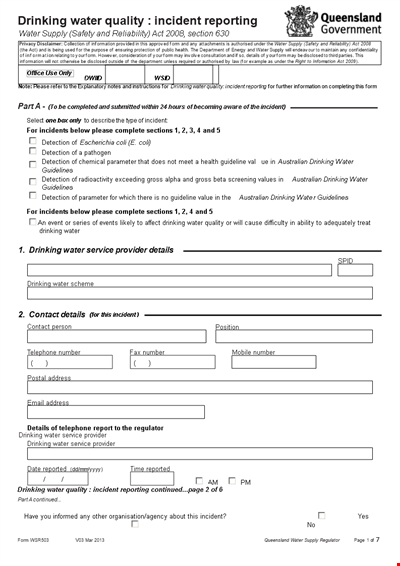
Water Quality Incident Report: Information on Drinking Water Incidents
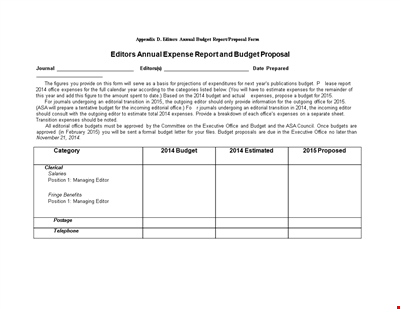
Annual Expense Report Template | Track Expenses, Office Budget, and Editor Costs
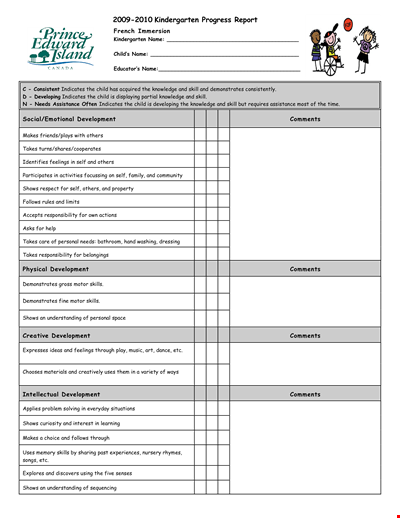
Kindergarten Progress Report Comment: Developmental Comments that Show a Child's Growth

Quarterly at a Glance: Sunday Finals - Key Highlights and Analysis

GBC Annual Report: Church Children Committee & No Annual Statements
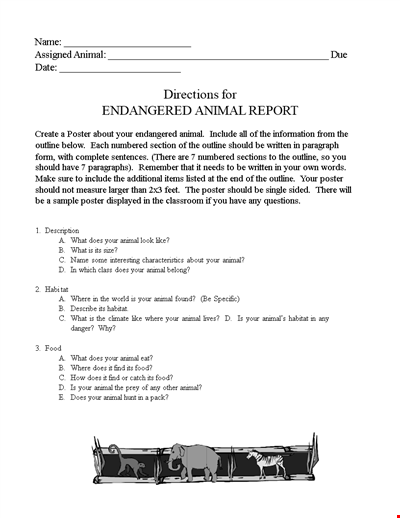
Download Free Animal Report Template | Create an Outline, Poster | Learn about Endangered Animals

School Behavior Incident Report - Document Template for Recording Student Actions

Weekly Sales Report for Company: Boosting Sales with Phone Strategies